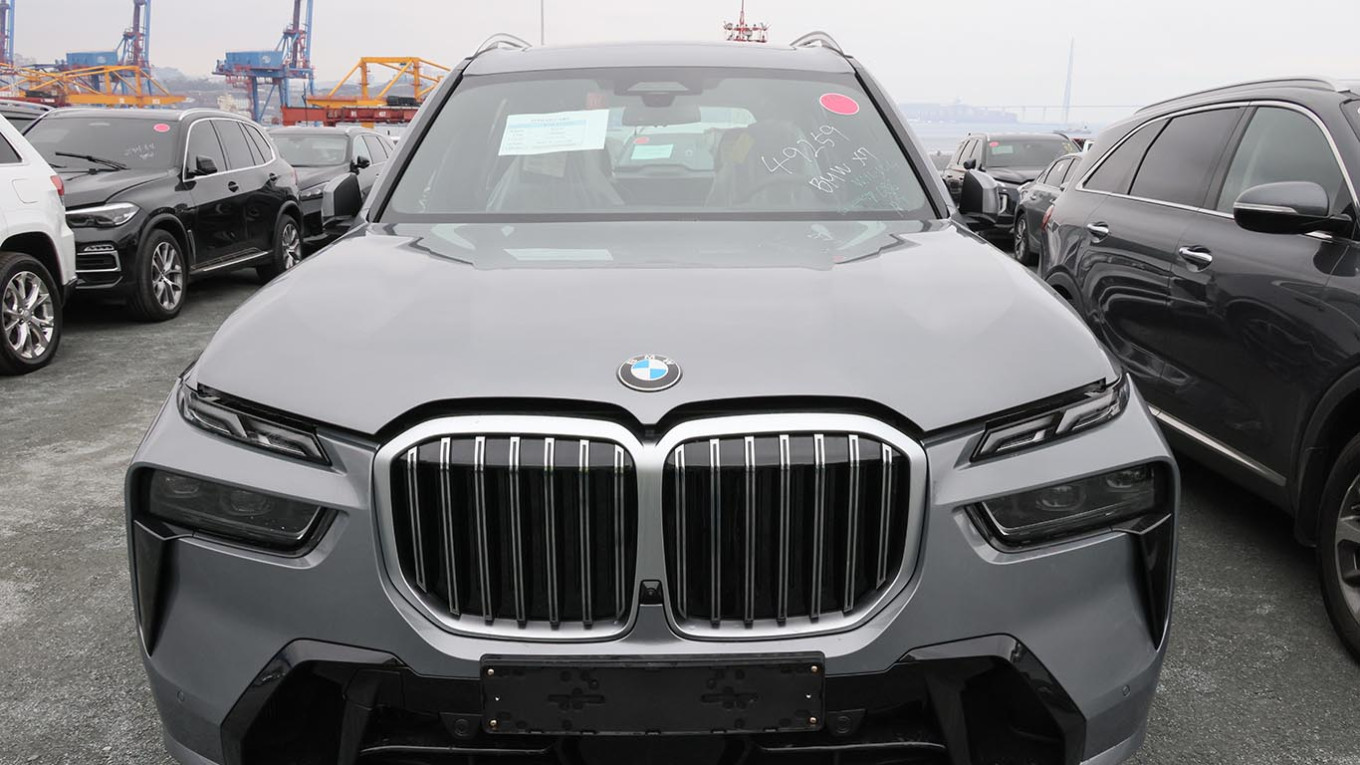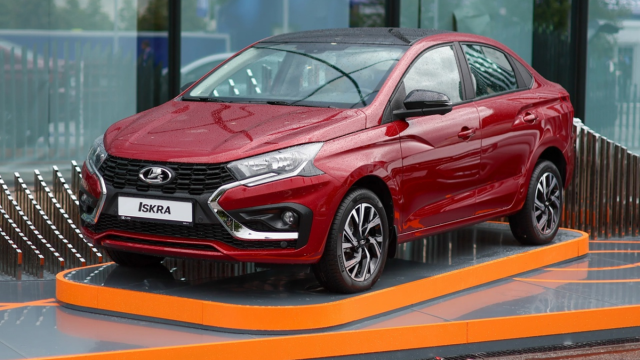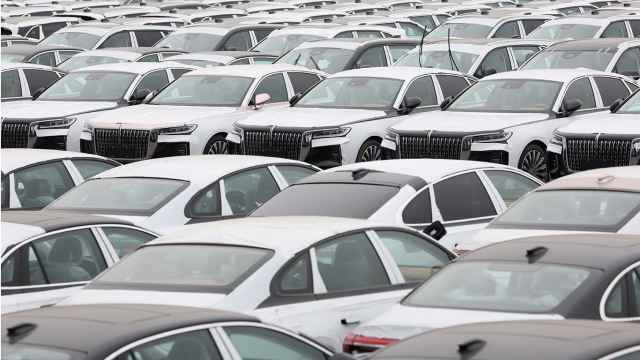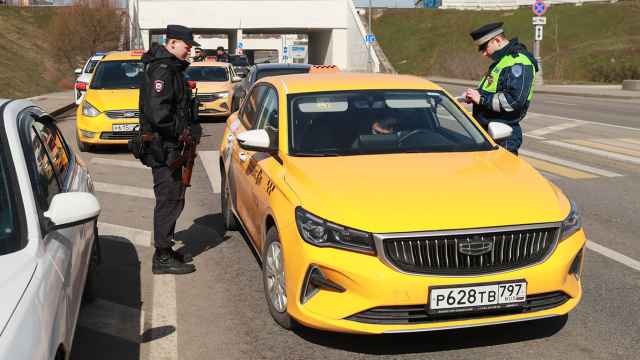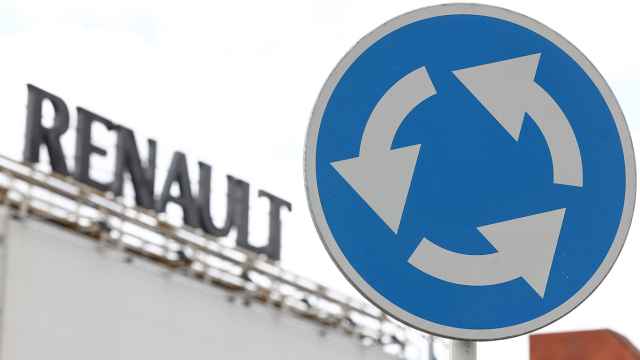BMW has again become Russia’s best-selling premium foreign car brand for the first time since April 2022 despite Western sanctions that halted official imports of luxury vehicles.
According to automotive analytics firm Avtostat, 1,740 BMW cars were sold in Russia in September, 1.5 times more than during the same month last year.
The German automaker overtook Chinese brand Exeed, which had led the segment for the previous two months.
Exeed’s sales fell 54% year-on-year to 1,650 units in September, while another Chinese brand, Tank, ranked third with 1,530 sales — half the volume recorded a year earlier.
Rounding out the top five were Hongqi (1,200 units, up 69%) and Lixiang (1,140 units, down 38%).
Overall, 78,300 new premium vehicles were sold in Russia in the first nine months of 2025, down by about one-third from the previous year, Avtostat said.
Official BMW deliveries to Russia were halted following sanctions on the export of cars priced above 50,000 euros, forcing the automaker to suspend operations in the country.
Since then, Chinese brands have dominated the premium segment.
Even under those restrictions, between 600 and 800 new BMWs were sold each month thanks to parallel imports, Avtostat said.
“No sanctions can kill our customers’ love for ‘beamers’,” an employee of an independent importer told The Moscow Times' Russian service, speaking on condition of anonymity for safety reasons.
Chinese automakers have scaled back exports to Russia this year amid market oversupply and weaker consumer demand.
In contrast, alternative importers have increased shipments of international car brands, particularly via China and South Korea, Avtostat CEO Sergei Tselikov said.
The pace of imports accelerated after Industry and Trade Minister Anton Alikhanov announced plans in June to raise recycling fees on high-powered cars, including those imported by individuals.
Importers are now rushing to bring vehicles into Russia before the fee hike takes effect, said a senior executive at an auto trading group.
Once implemented, the changes could raise the price of cars with engines over 1.6 liters by 800,000 to 2 million rubles ($10,000-$25,000), he explained.
Most parallel imports are currently registered under individual buyers, who benefit from a discounted recycling fee of just 5,200 rubles ($65) for a new vehicle.
According to Tselikov, parallel imports accounted for about 10% of all new car sales in September, more than double last year’s share, and could rise to 15% or even 20% by December.
“Private buyers are in a rush, importing so many powerful cars that logistics and registration offices can’t keep up — there are queues everywhere,” an employee at an import firm told The Moscow Times' Russian service.
The government had planned to end the discounted recycling fee for individuals starting Nov. 1, but the Transportation Ministry said the change may be postponed following public protests.
A final decision on the timing and size of the fee increase has yet to be made.
A Message from The Moscow Times:
Dear readers,
We are facing unprecedented challenges. Russia's Prosecutor General's Office has designated The Moscow Times as an "undesirable" organization, criminalizing our work and putting our staff at risk of prosecution. This follows our earlier unjust labeling as a "foreign agent."
These actions are direct attempts to silence independent journalism in Russia. The authorities claim our work "discredits the decisions of the Russian leadership." We see things differently: we strive to provide accurate, unbiased reporting on Russia.
We, the journalists of The Moscow Times, refuse to be silenced. But to continue our work, we need your help.
Your support, no matter how small, makes a world of difference. If you can, please support us monthly starting from just $2. It's quick to set up, and every contribution makes a significant impact.
By supporting The Moscow Times, you're defending open, independent journalism in the face of repression. Thank you for standing with us.
Remind me later.


